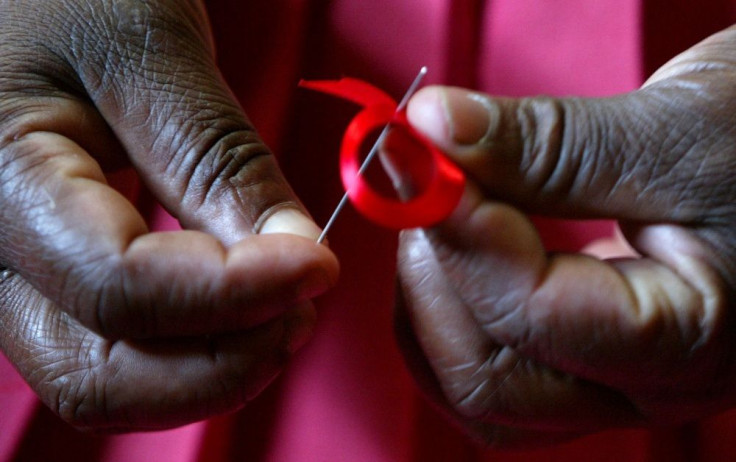World AIDS Day 2015: Struggle against the deadly epidemic continues despite increased awareness

Today is World AIDS Day, a day which provides an opportunity to the people around the world to collaborate in the fight against HIV, support the patients who live with it and remember those who lost their lives because of the infection.
Despite major advances in the field of medical research and other major advances in drug discovery and molecular mechanisms, HIV/AIDS continues to be one of the major public health problems. According to a United Nations fact sheet, nearly 36.9 million people in the world are living with HIV. The fact sheet also states that 38.1 million people have contracted the infection since 2000.
While the numbers may seem high, the number of new infections has fallen by 35 percent. The number of new infections was greater during the 1980s and 1990s.
The rate of infection among children has reduced considerably; however, HIV/AIDS still remains a major public health problem among African teenagers. According to UNICEF, HIV/AIDS is one of the leading causes of death among the young population in Africa.
It is estimated that more than 100,000 people are living with the deadly virus in the UK. The high-profile revelation of actor Charlie Sheen being infected with the virus shows that none of the nations around the world has been successful in their fight against HIV.
Human Immunodeficiency Virus is a lentivirus or a subgroup of retrovirus which causes HIV infection. It leads to acquired immunodeficiency syndrome, in which the infected individual starts to lose the functions of the immune system, making the individual prone to life-threatening infection and cancer.
HIV was first identified in 1984. Since then, it has killed more than 35 million people around the world, and it remains one of the most destructive pandemics in the history of public health.
The essence of the World AIDS Day lies in showing support for individuals who deal with the virus every day or those who have dealt with it once. On this day, people show their support by wearing a red ribbon.
It is also a platform for the experts to gather and talk about the public health menace. A number of events are held across the world to raise awareness among the public and talk about the recent medical advancements made against the disease.
Contact the writer at feedback@ibtimes.com.au, or let us know what you think below.






